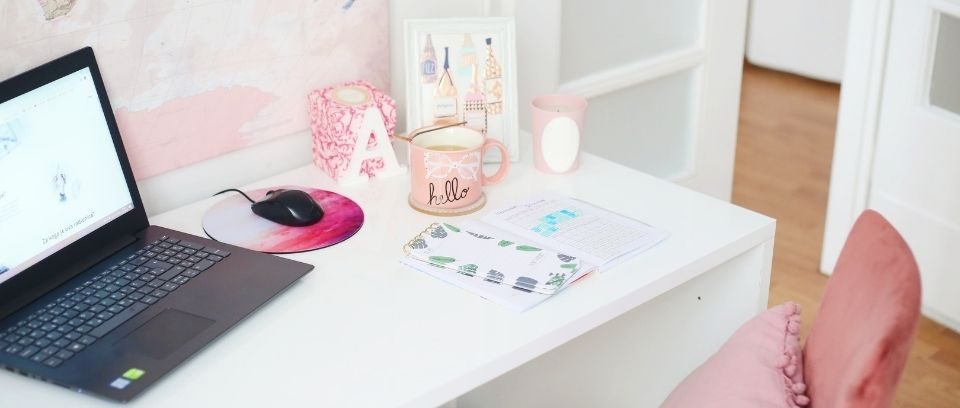The value of storage – do more, with less!
Trends for 2021
5 de January, 2021Descartes said, “I think, so I exist.” And why not start saying and practicing “I storage, so I exist.” It is what we try in a simple way, but not simplistic, exploit in this article.
The Japanese approach organization and storage as a form of therapy saying that “true life begins after putting your house in order”. On the other hand, some say that disorder stimulates creativity. Order is a priority for the development of a society, a family or even a house/office. Achieving “tidiness” is not a utopia and it’s not that hard to do a little more than what we do today.
The competences and skills that can be built when we learn how to tidy up the house or the office can influence other disciplines of life in many positive ways. Our recommendation is to keep a space, in your home or in your office, where you can store things that inspire and help you get results.
Simple steps and tips to improve your “storage”:
- Eliminate and know how to say no, only then think about tidying up – this tip boils down to only two tasks, that is, eliminate things and decide where to store them. Elimination must come first. Finish the first delete task and then think about the second, which is save
- What I keep must provide joy – we must be close and keep only that (objects) that bring us happiness. For some people it will be many things. For others, few. The secret is to know how to identify what truly produces happiness, and for most people it is not easy. But it is the best way to ensure that we live with what satisfies us, and at first the right amount
- Tidying by categories and not by spaces – instead of tidying up by spaces (e.g. room by room) we recommend that you focus on one category (e.g. clothing). Do this for the easiest categories and then move on to the most difficult ones (this makes decision making easier)
- Make abrupt decisions – if we organize only a little a day, it will never end. The suggestion is to start a task and try to finish it. Procrastination here may not help. We really call for a sound obsession with tidying up!
- Use empty shoe boxes – do not use an arsenal of products to store (X boxes, Y material). Many of the storage problems can be solved with things you already have at home, such as empty shoe boxes
- Make decisions without being concerned about what others think – when we reject an object or tool, we have to know how to say no without regret, or worried about what others will think by not keeping. If you are not going to use, or the use will be almost null, you can donate or deliver to someone who needs or gives it use
When you find something you can’t reject (dishes that went from generation to generation, as an example) carefully evaluate the true purpose or function of that object. You’ll be surprised when you realize how many things you have today that have already fulfilled your job. By recognizing its contribution and discarding them with gratitude, you will be able to truly put in order the things you have, whether in your home or in your office.

